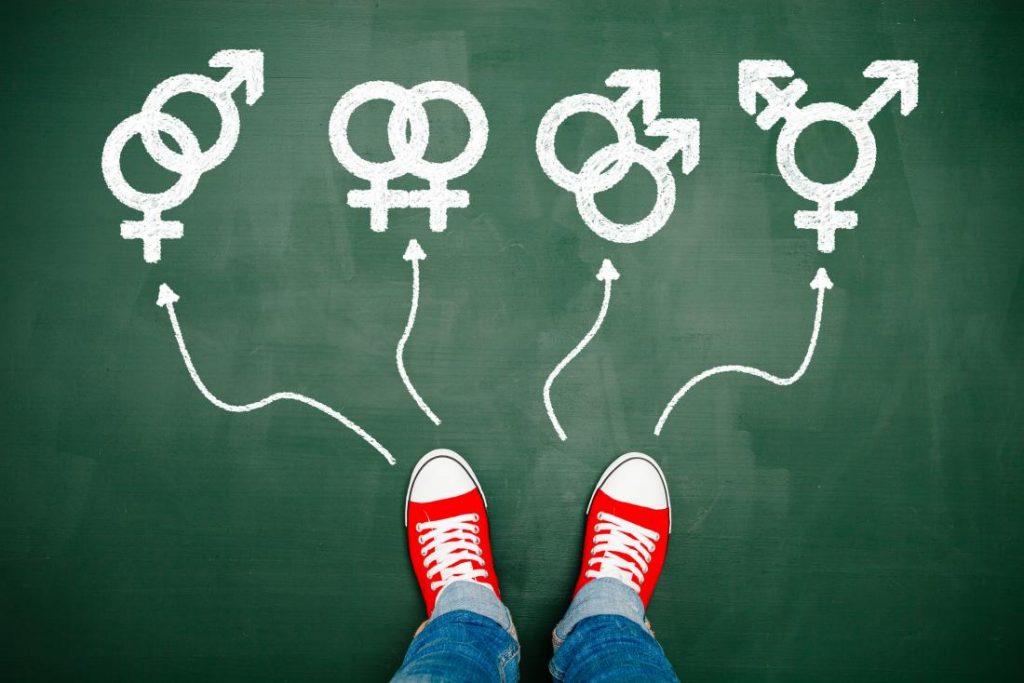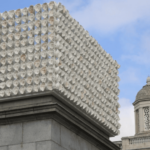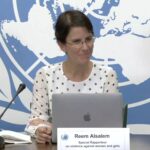Blog Post
Canadian province adds “prefer not to say” to drivers’ licenses to accommodate “non-binary” people
By Jonathon Van Maren
December 19, 2018 (LifeSiteNews) – Once upon a time, it was recognized that the purpose of government identification was to identify the person to whom it was issued. It was generally agreed upon that this was a helpful way of confirming the identity of the carrier in any number of situations, including those of legal importance. These days, such trivial matters have been set aside for the greater good. As it turns out, the grand gender experiment we are all embarking on together is far more important. Even more excitingly, we have no idea how it’s all going to end.
On December 4, for example, the government of Prince Edward Island (PEI) made several new options available to those applying for (or renewing) their driver’s licenses at all Access PEI locations across the province. In addition to the antiquated binary categories of male and female (which are now relics of a less enlightened and even transphobic age), residents of PEI will now also be able to helpfully identify as “gender not listed” as well as “prefer not to say.” To ensure clarity, these options will be listed as “X” and “blank.”
Transportation Minister Paula Biggar, the extraordinary visionary who ushered in these changes, noted that this move would ensure that the process of obtaining government ID will now be more inclusive for those Islanders who reject the traditional labels of male or female. She did not say if Islanders who do identify as male or female could also decide that they “prefer not to say” or perhaps simply put down their gender as “not listed.” One hopes so, but inclusivity has its limits, of course. We must be reasonable about these sorts of things.
“Adding two non-binary gender options to our driver’s licence is an important step in advancing equal human rights for everyone, no matter the gender identity or expression of Islanders,” The Guardian quoted Biggar as saying. “We are committed to supporting the LGBTQ2S+ community, transgender people, those transitioning, and anyone who does not identify as male or female so all Islanders feel included.” The Guardian did not say if she scurried back to her office to ensure that she had, in fact, covered all of the requisite categories in her statement.
Prince Edward Island is the first province in the country to provide an option for those who “prefer not to say” on their driver’s licenses, and so of course the government was fastidious in its efforts to consult non-ideological experts to ensure an exclusively science-based approach to the emerging phenomenon of gender fluidity and to avoid any confusion in a matter as important as accurate identifying information on government identity cards.
“We’ve worked very closely with the PEERS [Alliance], the LGBTQ and the transgender community to recognize that when you have a government identification and you’re going through security, it’s very important that your privacy be respected,” Paula Biggar explained helpfully. She did not explain why it is that government identification was now allowing for privacy, and whether that undermined the original (some would even say primary) purpose of identification to begin with.
READ THE REST OF THIS COLUMN AT LIFESITENEWS.COM








